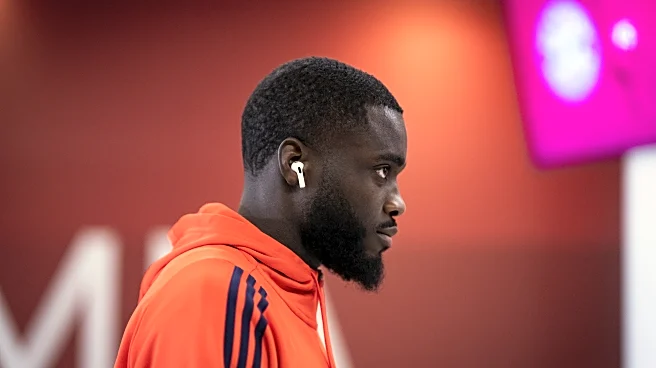Rapid Read • 6 min read
In a recent episode of 'Amanpour,' Palestinian and Israeli peacemakers Hiba Qasas and Nimrod Sheffer discussed efforts to revive the two-state solution amidst ongoing Middle East conflicts. The conversation highlighted the challenges and potential pathways to peace. Additionally, science writer David Wallace-Wells addressed the dangers of plastic pollution, emphasizing the presence of microplastics in vital organs and the health implications of regulatory rollbacks under President Trump. The episode also featured a discussion on Afghanistan under Taliban rule and a behind-the-scenes look at the Louvre with author Elaine Sciolino.
AD
The discussion on the two-state solution is critical as it addresses one of the most enduring conflicts in the Middle East, with implications for regional stability and international relations. Reviving this solution could pave the way for lasting peace and improved diplomatic ties. Meanwhile, the issue of plastic pollution is a growing environmental and public health concern, with potential long-term impacts on ecosystems and human health. The rollback of climate regulations could exacerbate these issues, highlighting the need for sustainable policies.
Efforts to advance the two-state solution may involve renewed diplomatic initiatives and international support to facilitate dialogue between Israeli and Palestinian leaders. On the environmental front, increased awareness and advocacy could lead to stronger regulations and innovative solutions to address plastic pollution. The discussions on Afghanistan and cultural heritage may also prompt further exploration of historical and geopolitical dynamics in these regions.
AD
More Stories You Might Enjoy













